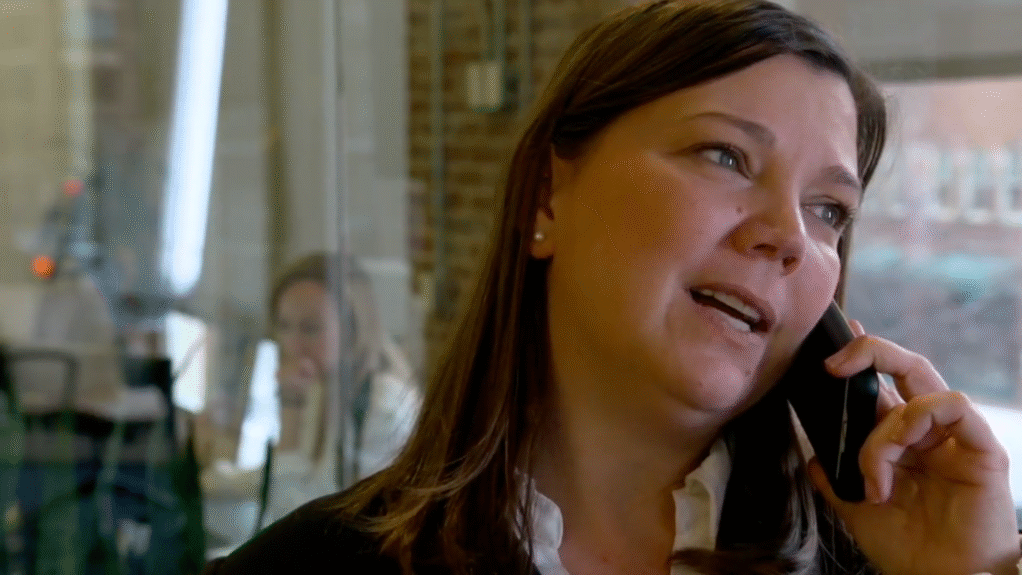
A Fight for College Football Eligibility: Jack Hasz's Journey
Jack Hasz, a former offensive lineman from Creighton Prep, is in the spotlight as he takes on the NCAA in a lawsuit seeking eligibility to play one more season of college football. After navigating a challenging path from high school’s football fields to collegiate football, his journey encapsulates the hurdles many athletes face as they strive for recognition in the competitive world of sports.
The NCAA’s Eligibility Maze
The NCAA, the regulatory body of college sports, has long held strict rules governing athlete eligibility. Central to Hasz's case is the association’s controversial five-year clock that dictates that athletes generally have five years to compete in four seasons. This policy, originally aimed at ensuring fairness among competitors, is increasingly seen by many, including Hasz, as insufficient for accommodating unique situations that athletes face, such as those emerging from the pandemic.
Court Cases Setting Precedents
In December, Diego Pavia, a quarterback from Vanderbilt, successfully challenged NCAA rules in court. His victory has underscored the possibility of change, offering hope to many athletes similarly caught in the web of restrictive eligibility regulations. Following Pavia's win, the NCAA made a significant decision to offer a waiver that restored eligibility for some (but not all) junior college athletes for the upcoming 2025-26 school year. This twist in the rulebook both illuminates the complexity of NCAA policies and highlights the ongoing legal battles that many athletes are willing to engage in for their dreams.
The Impact of COVID-19
Hasz’s case underscores the unforeseen challenges brought on by the COVID-19 pandemic. Like many athletes, he faced significant interruptions to his playing time and development. With only three full seasons in six years, compounded by shifts in team dynamics and the impact of being relegated on the depth chart, Hasz’s experience is reflective of a larger narrative affecting athletes trying to build their careers amid unpredictable circumstances.
What Posting to Pro Day Really Means
In March, Hasz received an invitation to showcase his abilities at a local pro day with the NFL’s Las Vegas Raiders—an opportunity that every aspiring football player dreams of. However, due to the pending waiver from the NCAA, he was unable to participate, which he described as “heartbreaking”. This situation highlights the precarious balance athletes must maintain between navigating eligibility issues and seizing prominent opportunities that could shape their future.
The Broader Implications of Hasz's Lawsuit
While Jack Hasz’s fight for another season is personal, it echoes the sentiments of many young athletes dealing with restrictive eligibility policies. His story raises questions about fairness and the evolving landscape of college sports. As lawsuits against the NCAA continue to surface, it's clear that changes may be on the horizon, bringing with them the hope of a more equitable system for all athletes.
Omaha Community's Response
For residents of Omaha—homeowners and renters alike—Hasz’s story resonates beyond the football field. As young families and first-time homebuyers invest in their futures within the community, they understand the significance of pursuing dreams against all odds. Hasz represents the spirit of resilience found in Omaha, reflecting the values that many families and professionals embody as they navigate their own challenges.
In light of Hasz's struggle, it's pivotal for community members, especially those who are entrepreneurs or engaged in educational growth, to rally behind local athletes. His determination underscores the importance of supporting our neighbors in their endeavors—whether in sports, business, or community initiatives.
Let’s Stand Together
The ongoing saga surrounding athletes' eligibility and the legal landscapes could lead to pivotal changes in college sports. It’s important that communities such as ours support the voices and battles of young players like Hasz. Keeping an eye on the legal proceedings could uncover broader opportunities for reform that benefit not just athletes but also the integrity of college sports as a whole.
As we approach the upcoming seasons, let's keep these struggles in mind—support local athletes, share their stories, and encourage dialogue about fairness and opportunity in sports. It’s a conversation that touches us all, whether we’re fans, families, or simply supporters of our local community.
 Add Row
Add Row  Add
Add 




Write A Comment